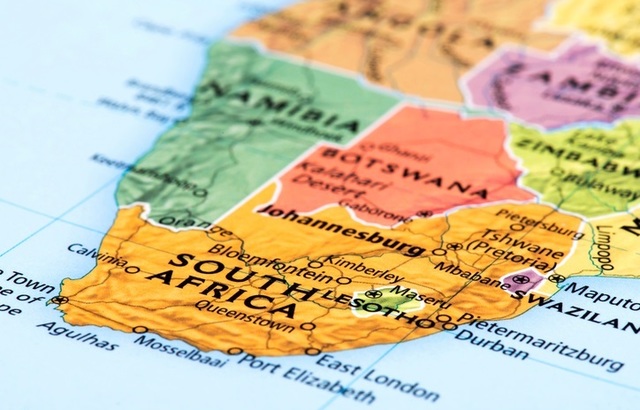The South African Revenue Service (Sars) has unveiled a high wealth individual taxpayer segment.
This came during the finance minister Tito Mboweni’s budget speech on 24 February 2021.
It will focus on wealthy taxpayers with complex financial arrangements.
The unit will initially be co-located within the large business and international taxpayer segment.
Sars said that it will be assessing wealth “derived from multiple sources” and these individuals “employ complex, and often offshore, financial arrangements”.
The first group of taxpayers have been identified and will receive a letter during April.
Industry response
Rex Cowley, co-founder of Overseas Trust and Pension, said: “These provisions help Sars get a better understanding of and address arrangements that erode the tax base or shift profit out of South Africa.
“Sars will have gathered a lot of data since 2016 on the kind of structures and transactions used which may contravene anti avoidance rules. As such the establishment of a dedicated unit to evaluate high net worths is not surprising and mirrors similar initiatives in the US and a number of European territories.
“The success of these units vary and whether or not they represent value to the taxpayer is questionable but they arguably create a visible deterrent.”
Mark McAllister, senior partner at Holborn Assets, said: “We hope instead of focussing considerable resources on South Africans putting their funds into legitimate offshore lifeboats, government should actually tackle the inherent issues from the top to bottom of the fiscal system.
“South Africa needs to turn a corner towards a Singapore style economic powerhouse and less like a Venezuelan failed state, in that scenario the government need not worry about off shore funds as the majority would want to invest in the future of South Africa and in rands, but only if good governance and a firm anti-corruption stance can be assured, something that feels like a distant dream for many.”
Changes
There were a number of changes in the South African budget, including:
- Applying tax on withdrawals of retirement funds when the member ceases to be a tax resident of South Africa;
- Increases to the small commutation of retirement annuities;
- The increase of the personal income tax brackets;
- Tax-free transfers between retirement funds; and
- The use of retirement interest to acquire retirement annuities.
The South African treasury had concerns that people who become tax resident in another country which has a double tax agreement with South Africa will pay tax in that country. This means that South Africa forfeits its rights to tax the former South African resident.
Denver Keswell, senior legal adviser for Nedgroup Investments, said: “It now intends to tax a retirement fund member when they no longer qualify as a South African tax resident. Their retirement fund interest will be subject to tax using the withdrawal table the day before they no longer qualify as a tax resident.
“If they chose to leave their retirement benefit in South Africa, then any tax payable will be deferred until they access their retirement interest. This will ensure that South Africa receives tax due. Treasury will use the relevant retirement tax table at the time of access and provide a tax credit on the calculated deemed tax.”
Also, Keswell added that currently members of retirement funds who retire early and decide to transfer to another retirement fund, will be taxed. But “treasury proposes allowing tax-free transfers for early retirees provided the transfer is to a similar or more restrictive fund”.
Economy
During the budget, finance minister Mboweni said that the South African GDP had contracted 7.2% for 2020/21 financial year and the treasury has forecast 3.3% growth for the year ahead, before moderating to 2.2% for 2022 and 1.6% for 2023.
Maarten Ackerman, chief economist and advisory at Citadel, said: “While we did expect a better number than usual for this year, coming off the exceptionally low base of -7.2% in 2020, it was really hoped that with the right reforms, we could pave the way for stronger growth in the longer term. It is clear, however, that after a rebound in 2021, we are expected to drift back below 2% in 2023.
“This is enormously frustrating, as with the correct reforms we should really be able to kickstart the local economy. The muted 1.6% figure for 2023 is a number that we had become used to over the last five or so years, but given that it is in line with population growth, it will do nothing to fix our unemployment issues or the other socio-economic problems that the country is facing.”








